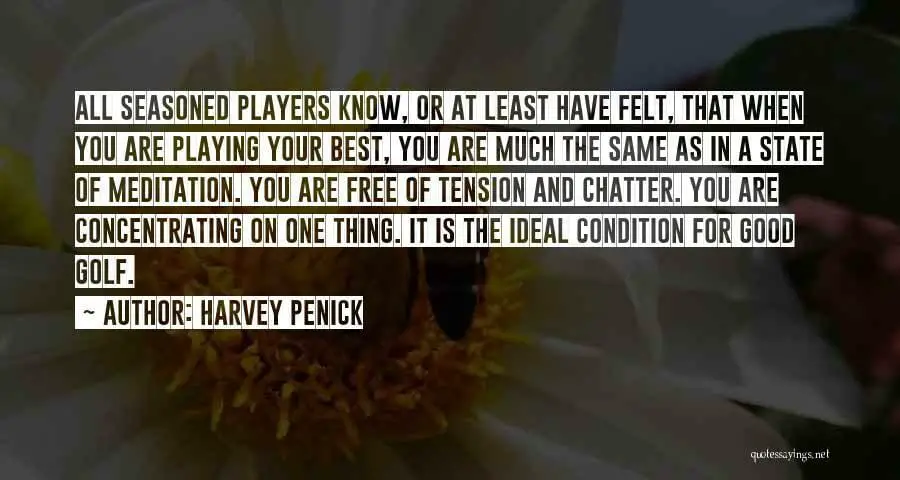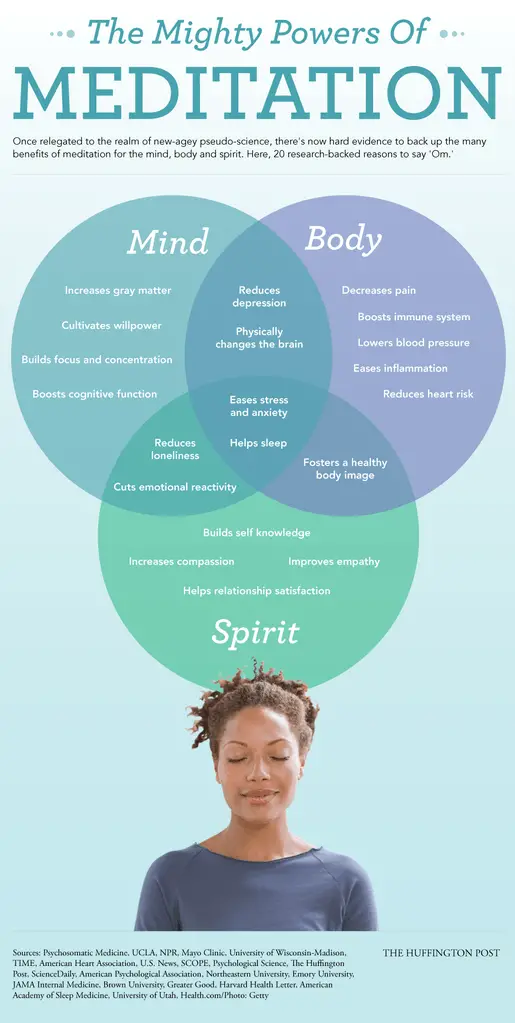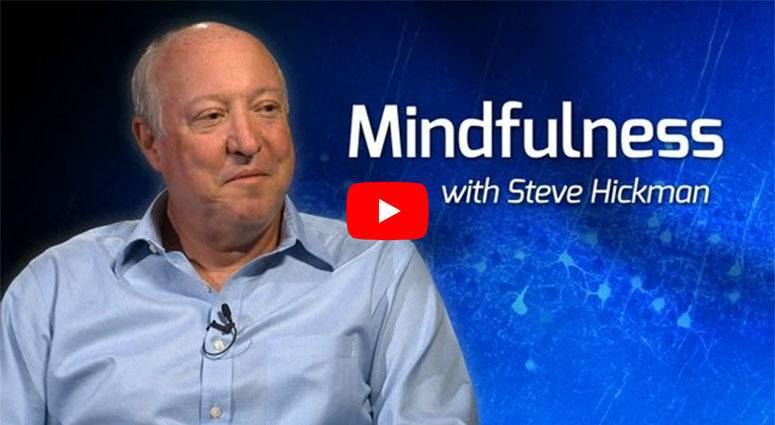As society evolves, and with it sport and culture and the general zeitgeist - we feel life speeding up and at the same time the pressure to keep up, step up, and stand out. The pressure on junior athletes today is excessive. How can we help young athletes approach their goals with a more relaxed vision and clearer head?
A few years ago we took our young junior golfer for a consultation with sports and performance psychologist, Dr. Brett McCabe and asked that exact question. The very first thing he did was pull out the Headspace app on his phone and we followed a guided 10 minute meditation together. Meditation he said, was the starting point. Meditation and sport - so how does it play out?
What is Meditation?
Meditation is an ancient practice having a modern revival. It is a process of training your mind through breathing, posture and stillness to focus and redirect thoughts. Meditation is a way to build your mind through exercises that help you to relax while at the same time improving focus and awareness. It is usually (but not always) done by oneself, undisturbed, and in a still seated position and with eyes closed.
The Goal of Meditation
Meditation helps to build mental awareness and strength, much the same as physical exercise builds the body. The goal of such mental exercises is to achieve a state of mind that is free of mental disturbances or unnecessary thoughts and thus identify with our core of self-awareness.
What Are Studies Showing?
A recent study by the Psychology Department of the University of Michigan took 200 students that had never meditated and put them through a 20 minute guided meditation before giving them a test that was designed to distract them. The study concluded that through meditation the students focused better and were more likely to recognize interruptions in their thought processes.
A study at Yale University concluded that mindfulness meditation decreased activity in the brain's "default mode network" - the area responsible for mind-wandering thoughts (monkey mind).
A Harvard University study into meditation also showed that 8 weeks of mindfulness meditation can actually change the structure of the brain - increasing areas that govern learning and memory and emotional reaction, while decreasing brain cell volume in the amygdala which is responsible for fear, anxiety and stress reactions.
The Benefits of Meditation
- Encourage inner peace and calmness.
- Reduce stressful, negative and anxious feelings.
- Be in the present and accepting of the moment.
- Allow inspiration and creativity into a receptive mind.
- Detachment from external hindering influences.
- Foster compassion and feelings of inter-connectedness.
- Enjoy better sleep.
For a golfer, tapping into the above can be beneficial not just as a person but also a player.
A 20 Minute Guided Meditation
Here is a 20 minute guided meditation by Steve Hickman from the UC San Diego Center of Mindfulness.
Professional Athletes and Meditation
Meditation and sport goes together in many professional athletes' training regimens. In her 2018 article for The Yogi Press, journalist Lauren Williams researched how mental focus and a strong mental edge is what separates good athletes from spectacular, ground-breaking, medal winning athletes. She found that the following are some of the professional athletes that rely heavily on meditation.
LeBron James swears by meditation. He utilizes it in time-out sessions to get his mind in focus for what he needs to accomplish on the court.
Barry Zito publicly espouses meditation and promotes its benefits for all athletes.
Carli Lloyd believes meditation is just as important to her game as fitness or skill. She visualizes exactly what she needs to do on the soccer field during her meditations.
The late Kobe Bryant meditated every morning. He believed it helped to keep his mind focused under heightened pressure and in high-stake situations.
Misty May Treanor and Kerry Walsh used meditation, yoga and visualizations as part of their standard training regiment.
Steph Curry uses visualization techniques and meditation to be constantly in the moment on the basketball court.
Derek Jeter has practiced meditation since 2012 and credits it with achieving so much more within his game.
And it's not just athletes, successful people across the world credit meditation for their success including Oprah Winfrey, Katy Perry, Paul McCartney, Arianna Huffington, Jennifer Aniston, Hugh Jackman and Jerry Seinfeld.
How Can I Get My Child To Meditate?
Kids in general, nor just junior athletes competing at high levels, are experiencing elevated levels of stress and anxiety. Meditation helps kids deal with stress better by helping them focus more on "the moment" as opposed to getting swept up in future expectations and unknown outcomes.
Tiger Woods on his Buddhist mother's influence on his success: My mother is a Buddhist. In Buddhism in you want to achieve enlightenment, you have to do it through meditation and self-improvement through the mind. That's something she's passed on to me - to be able to calm myself down and use my mind as my main asset.
A calm mind. The ability to focus completely on the present moment......... It's difficult for the novice to sit down and quiet their mind. Fortunately there's an app for that! In fact there are various apps that help with meditation. And because it is an app on your phone it is probably more likely that your child will actually give it a try!
And a further thought: Mahatma Gandhi famously said -
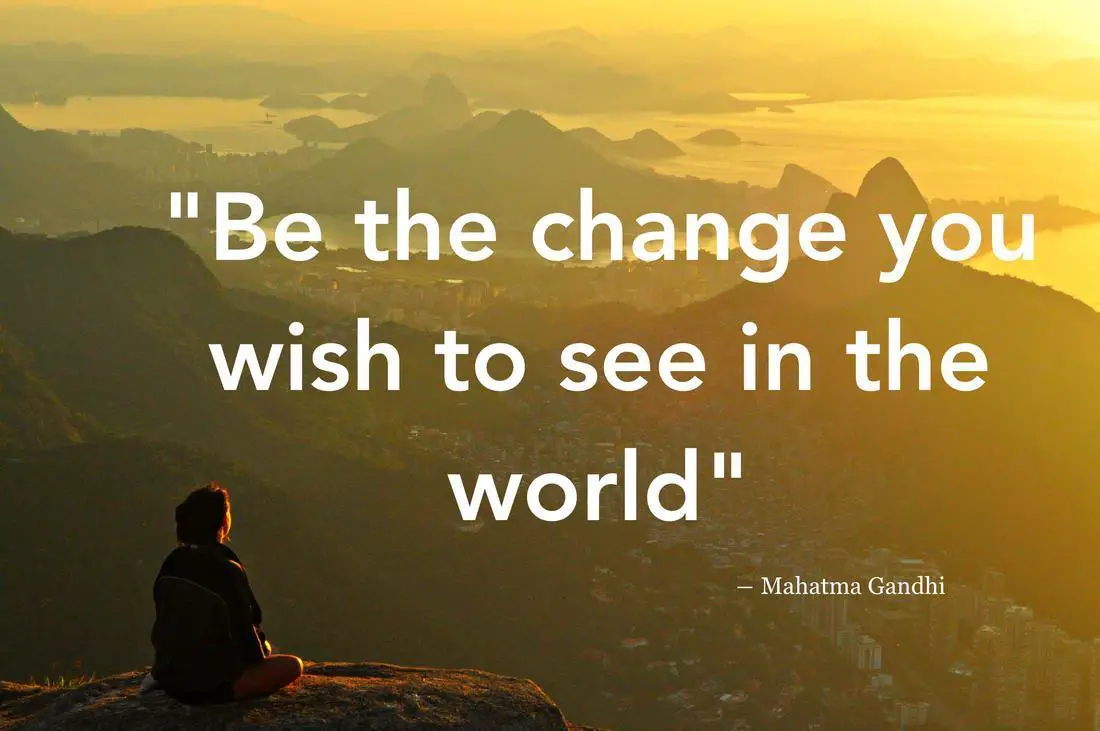
Lead your children by example. Start meditating yourself. When your kids see you meditating it sets a tone that they can learn from.
Meditation Apps
This is not an exhaustive list of meditation apps but they are some of the most popular and best reviewed ones (and Oprah recommended if that's important on some level to you). All but two of our recommendations have a cost related to them, but then considerably less than a performance consultant, and a good first step to seeking optimized performance.
Headspace

Headspace is what we, as a family, try to do. We are not the most disciplined but we do realize that when we do use the app on a pretty regular basis we feel better and more optimistic about things in general.
Headspace offers meditations for all aspects of life including stress, focus, anxiety to name a few, and you can set your time limit depending on how long you have or want to meditate for. 1 to 3 minute quick breathing meditations through 20 minute guided meditations are available. An assortment of sleep options are available too from story telling, night sounds and melodies.
Cost: $13 monthly with a 7 day free trial or $70 annually with a 2 week free trial. Student ($10 annually) and Family (6 accounts for $100 annually) plans are also available.
Enable your Headspace account on all your Alexa devices through Amazon.
Calm
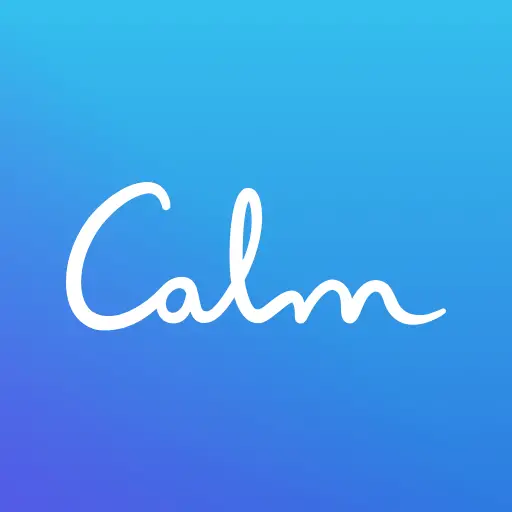
Calm has a basic 7 day introductory mindfulness program at no cost. With a subscription the app provides meditation tracking reminders, guided meditations for specific goals and unguided meditations as well as a kid section. It also features a sleep button with calming bedtime stories narraged by celebrities including Matthew McConaughey!
Cost: $70 annually with a 7 day free trial.
Aura
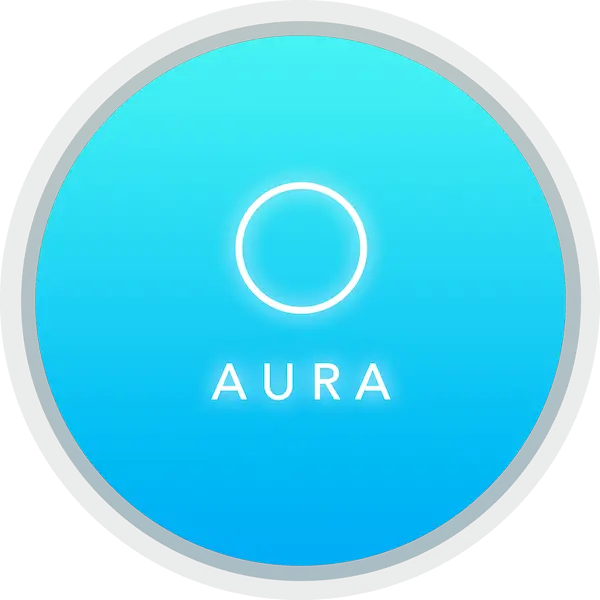
The Aura app is for people who feel they don't have time for meditation. It acts like a personal meditation coach that learns from your sessions and customizes future sessions using feedback you provide after your sessions. It caters well to people who feel rushed in their daily lives with a collection of 3 minute meditations and 30 second anxiety busters.
Cost: $12 monthly, $60 annually, or $400 lifetime use.
Inscape
Inscape is considered one of the most aesthetically pleasing meditation apps. Inscape is actually a meditation hang-out in New York City and the app is a derivative from there. It offers guided meditations, sleep sessions and stress reduction with things to do during meditation - which is particularly helpful to people who find it hard to focus and have a very active mind. The app offers a large selection of sound meditations or playlists.
Cost: $10 monthly or $59 annually with a 7 day free trial.
Insight Timer

The Insight Timer app offers the largest selection of guided meditations (about 40 0000) for free. Your progress is tracked with beautiful charts. You can listen to 2 000 inspiring talks, music tracks and meditative sounds to soothe your mind and sleep better.
Cost: Free
Smiling Mind
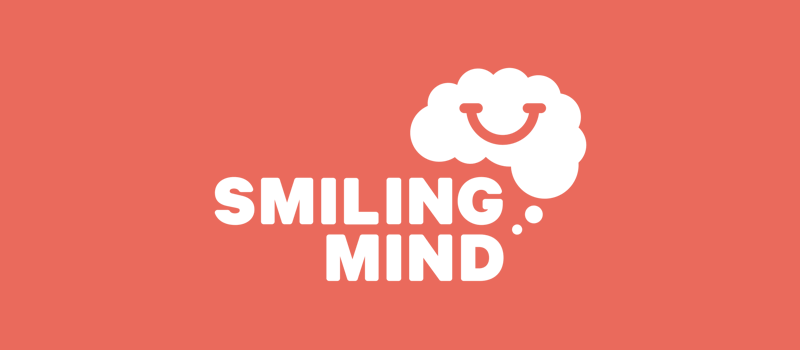
The Smiling Mind app features hundreds of meditations organized into structural programs: mindful foundations, sleep, relationships and workplace. There are specialized programs for children and teens developed with the help of psychologists and health professionals.
Cost: Free
Conclusion
Of course meditation alone is not suddenly going to turn you into a professional golfer, but incorporating it into a daily regimen can certainly lead to more clarity of purpose on the practice range and mindfulness in competition. If nothing else it is a great habit to teach your kids who can use it throughout their lives. Even if it only generates the awareness of the benefits of meditation without the habit forming, it is something they can come back to when they need it most.
Zen Master, Shuniyu Suzuki tells us that: Zen is not some kind of excitement, but concentration on our usual everyday routine. If you become too busy and too excited, your mind becomes rough and ragged. This is not good. If possible, try to be always calm and joyful and keep yourself from excitement.
Meditation can help with that.
